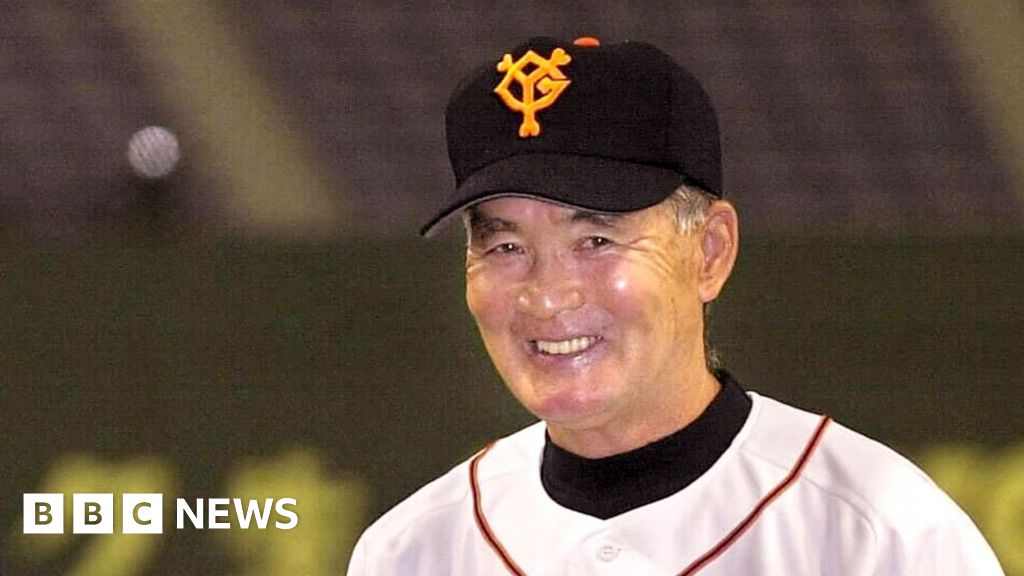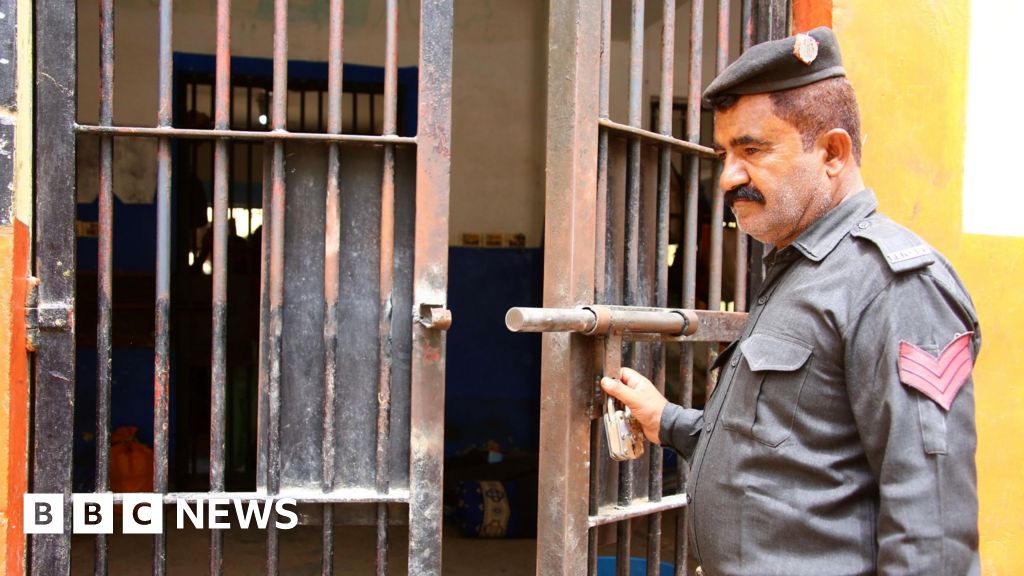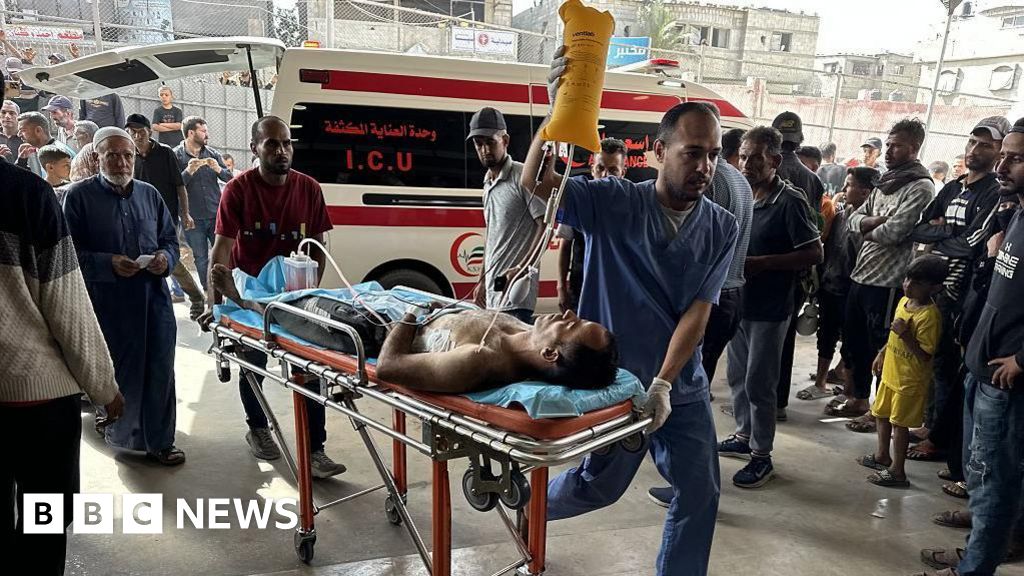ARTICLE AD BOX
image sourceGetty Images
image captionA satellite image of Yongbyon from December 2019North Korea appears to have restarted its Yongbyon nuclear reactor, the UN atomic agency has said in a report.
The reactor is believed to produce plutonium for nuclear weapons.
The International Atomic Energy Agency (IAEA) was expelled by Pyongyang in 2009 and relies on satellite imagery to carry out its assessments.
Its latest report said there were indications of activity "consistent with the operation of the reactor" since early July.
It added that this was the first sign of activity at the reactor since December 2018, months after US President Donald Trump met Kim Jong-un in Singapore.
Yongbyon has long been monitored from afar by experts trying to get an idea of how many weapons the regime is capable of producing.
The IAEA warned that the latest activity indicated work to separate plutonium from spent reactor fuel that could be used in nuclear weapons.
It said the development was "deeply troubling" and a clear violation of UN Security Council resolutions.
Kim Jong-un put the Yongbyon nuclear complex at the heart of his negotiations with Donald Trump.
The 5-megawatt reactor at the site has been the main source of weapons-grade plutonium for Pyongyang - though many analysts have pointed out that the facilities there are aging.
The deal to dismantle it in return for sanctions relief was reportedly rejected by Donald Trump. It is my understanding that this led to the breakdown of talks between the two leaders in Hanoi in 2019.
In January, Kim Jong -un pledged to further develop his nuclear arsenal. He said his scientists would work on miniaturising warheads and developing tactical weapons and a "super-large hydrogen bomb".
Until now, there were few signs the North was working on these projects.
Instead, the regime has been focussed on its worsening economic state and food shortages.
It seems something has changed.
It is difficult for experts to get a clear picture of exactly what's going on at Yongbyon from satellite images, but the report describes the renewed activity as "deeply regrettable".
It may also be another headache for President Biden's administration who has said it's willing to hold talks, but so far it has not made North Korea a policy priority.
Perhaps Pyongyang has decided that it's time it moved up Washington's "to-do" list.

 3 years ago
74
3 years ago
74








 English (US) ·
English (US) ·